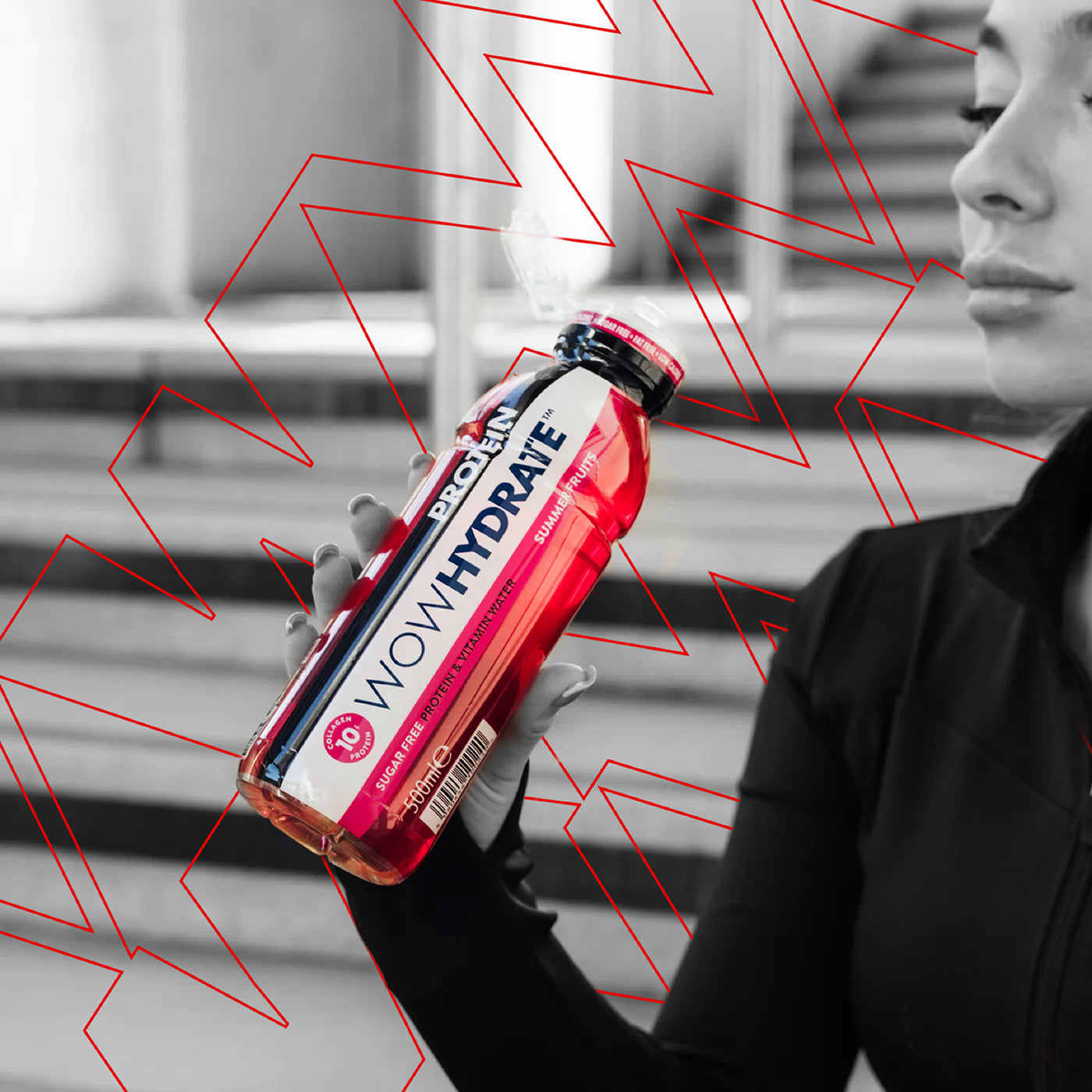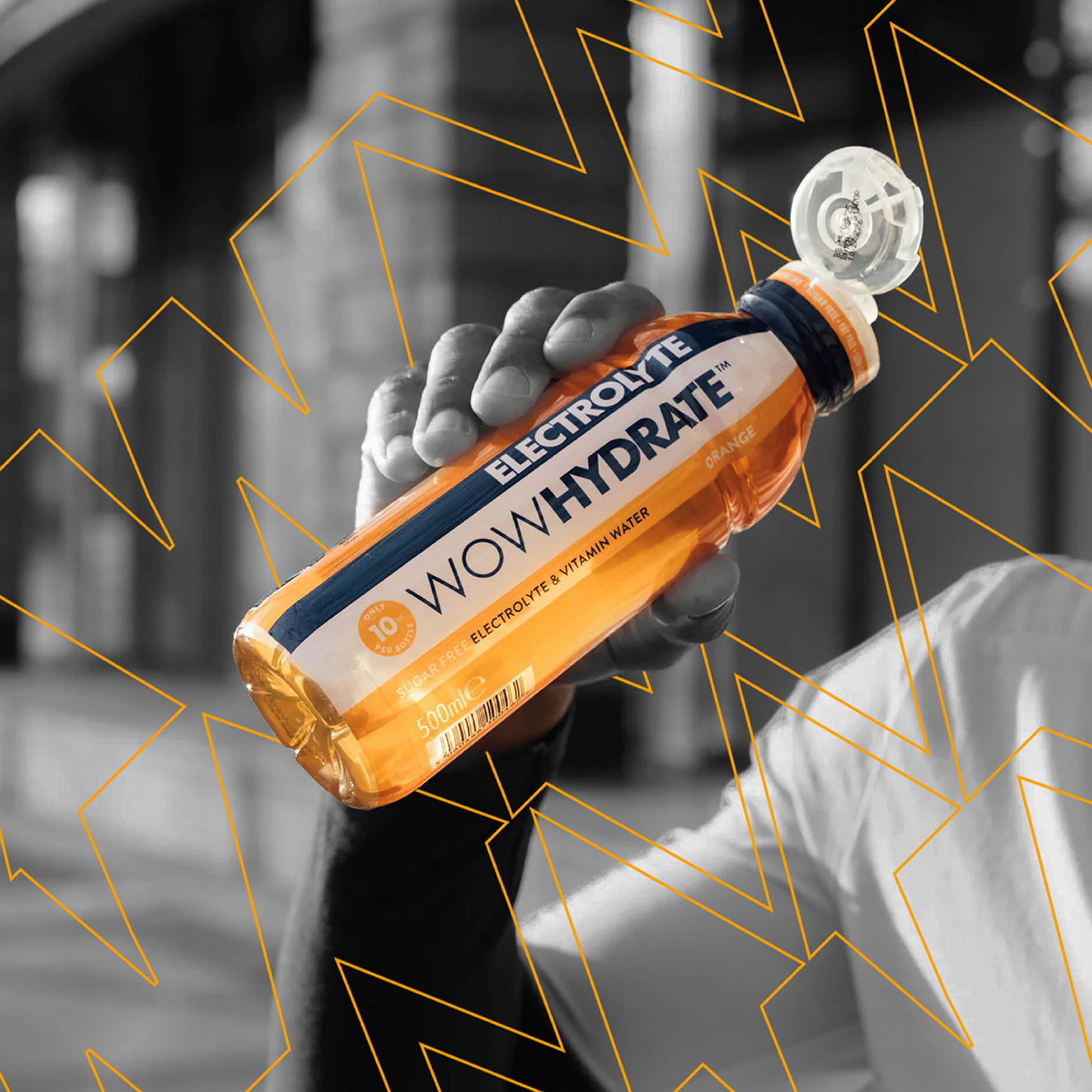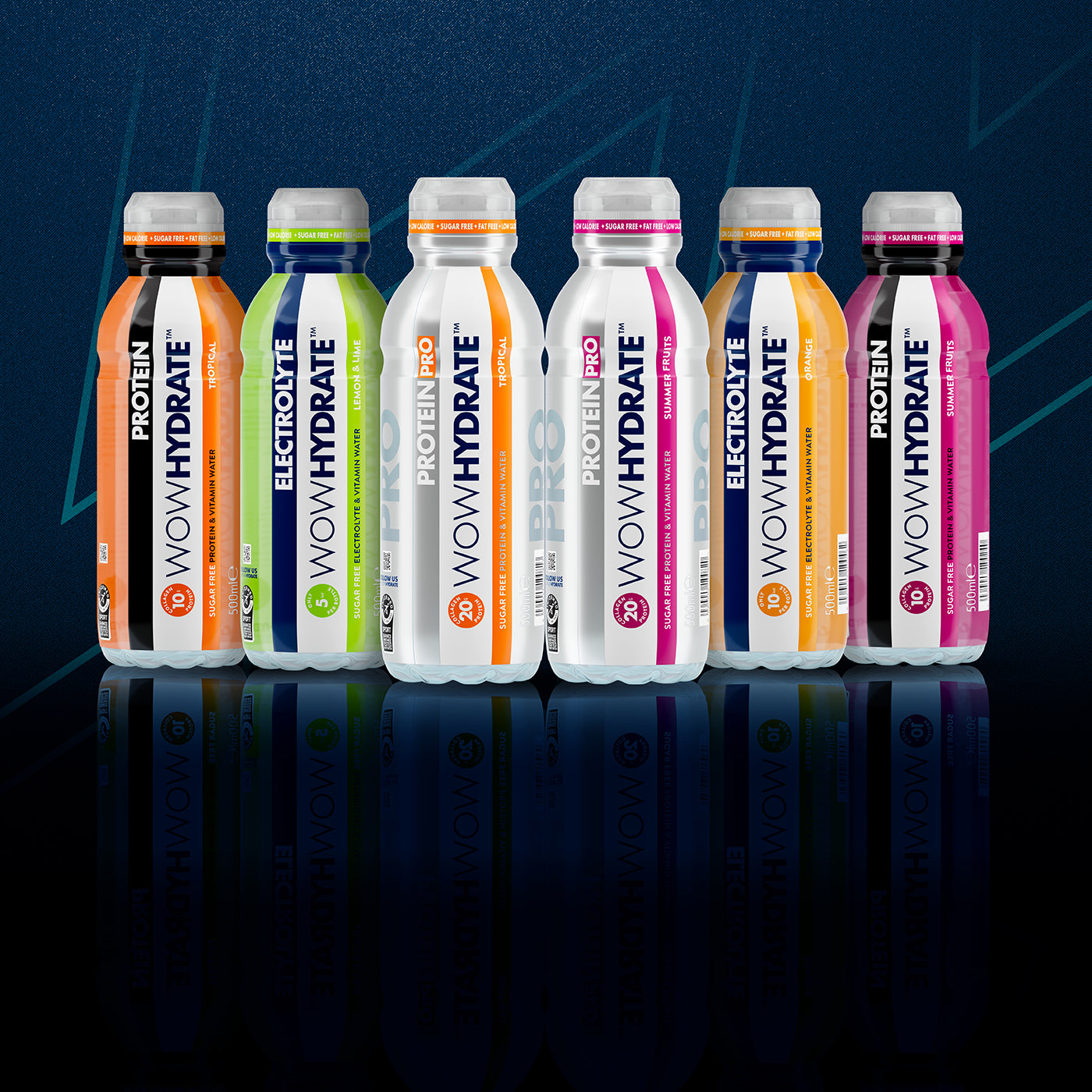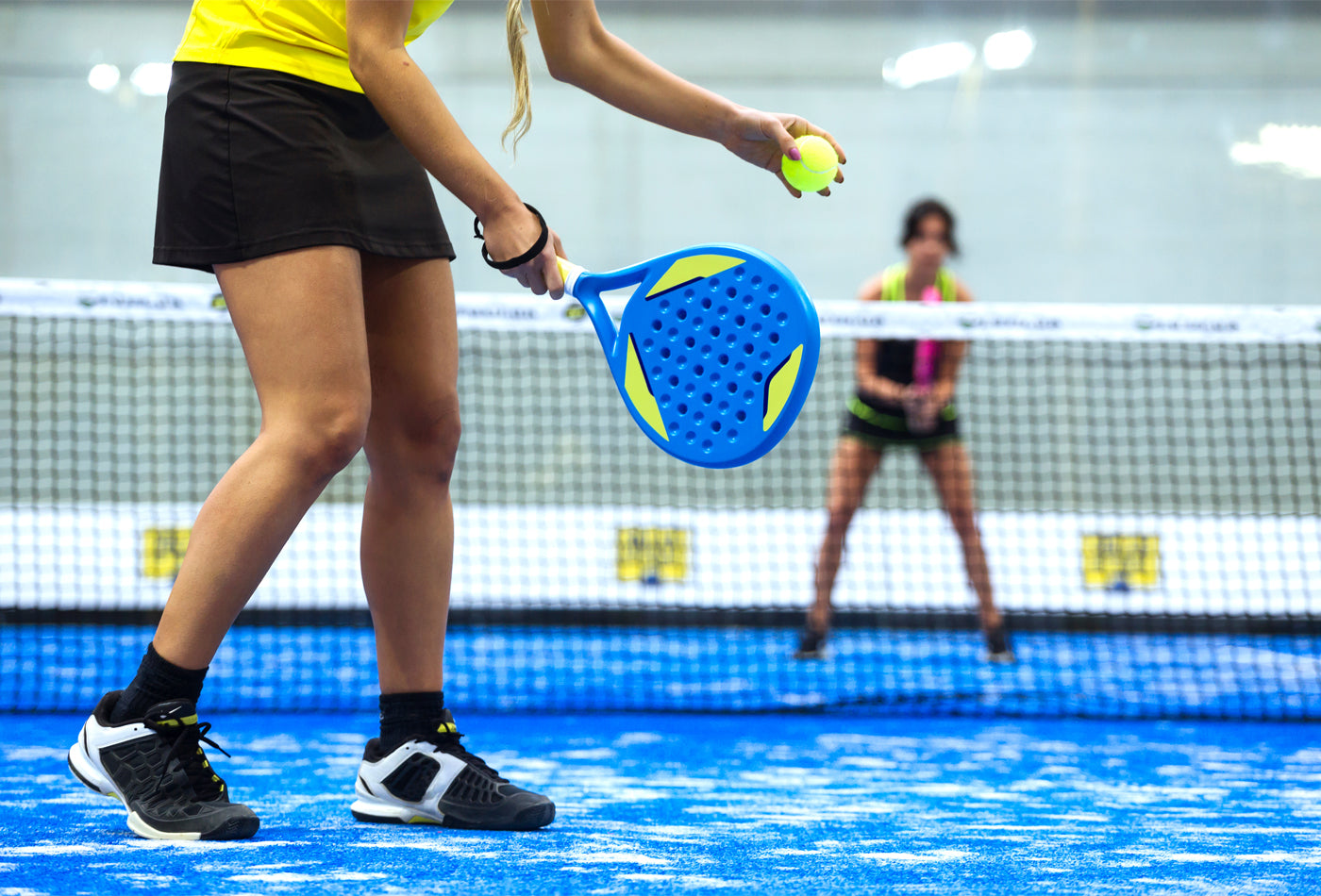Struggling with energy crashes or sugar cravings? Dehydration could be a hidden culprit.
If you’ve ever felt drained after a walk, sluggish while working, or desperate for a sugary snack mid-afternoon, it could be down to your hydration habits!
According to PureGym’s 2024/2025 UK Fitness Report, which polled 2,000 people about their health habits, the average Brit isn't hitting the target 2.5 litres of water a day recommended by the NHS and British Dietetic Association, especially considering many people need even more than this n if they’re active or in warm environments.
But here's the twist: dehydration doesn’t just make you feel thirsty–it can also mess with your blood sugar. And this affects more than just people with diabetes. In this post, we’ll explore the link between hydration and blood sugar levels, how it impacts everyday performance, and simple steps to stay energised, focused, and balanced.

The Science: How Dehydration Disrupts Blood Sugar
When you're dehydrated, your body’s internal balance starts to shift–and that includes your blood sugar.
Less fluid in your body means your blood becomes more concentrated - and with that, a higher glucose concentration. This spike in your blood sugar level will make your kidneys work harder to flush out the excess.
Hydration helps your body use insulin better. A major US study found that healthy adults who drank more water had a significantly lower risk of insulin resistance–a key factor in rising blood sugar. Just drinking around 850ml or more a day made a noticeable difference
Your cortisol levels are also at risk. The stress hormone is released when you're dehydrated, which in turn increases blood-sugar levels as part of your body's fight-or-flight response..
Signs You’re Dehydrated – And How It Affects Your Blood Sugar
You don’t have to feel parched to be dehydrated. Some of the signs are sneakier and may be things you blame on your diet or energy levels.
Look out for symptoms like:
- Post-meal fatigue or brain fog
- Craving sugary or carb-heavy foods
- Sluggishness after physical or mental effort
- Dry mouth or frequent thirst
- Dark yellow urine (a key self-check indicator)
If you’ve ever hit that 3pm crash and reached for a biscuit, it might not be a sugar craving - it might be your body confusing dehydration for hunger. Staying properly hydrated helps regulate appetite and blood sugar more effectively.

Hydration Tips for Stable Blood Sugar
So how do you hydrate smartly and do it in a way that supports your energy and wellbeing?
1. Add electrolytes
Electrolytes like sodium and potassium help your body absorb fluids and regulate glucose. Without them, water often passes through you without being fully absorbed. You could add a pinch of salt to your water on hot days or try an electrolyte-infused drink like WOW Hydrate Electrolyte Pro.
2. Balance with protein
Pairing hydration with protein slows sugar absorption in the gut, which helps prevent sugar spikes. Try sipping a protein-infused drink like WOW Hydrate Protein mid-morning or post-activity for sustained energy.
3. Hydrate proactively
Don’t wait until you’re thirsty, especially before meals or a long meeting. For example, try to drink a glass of water or electrolyte drink 30 minutes before eating or intense activity.
The Best Drinks for Hydration and Blood Sugar Balance
What to avoid
- High-sugar sports drinks or energy drinks
- Fizzy “hydration” beverages with artificial sweeteners
- Fruit juices with hidden sugars
According to the NHS, adults should limit free sugars to no more than 30g per day. It’s important to remember that many sports drinks pack that into a single bottle.
What to try
- Low-sugar electrolyte waters to support hydration and glucose absorption
- Protein-enriched waters to help sustain energy through a busy day
- Drinks with natural flavouring and no added sugar
Plain water is a great base, but when you're sweating, moving, or mentally drained, you also need electrolytes to actually retain hydration. WOW Hydrate’s range includes both electrolyte and protein-enhanced options, so whether you’re at the gym, walking the dog, or prepping for a big meeting, you’ve got an easy and tasty way to stay on track. Even better, the range is sugar free. Consider all the boxes ticked!

Hydrate to Healthier Blood Sugar
Let’s recap:
- Dehydration can raise blood sugar and reduce your body’s ability to regulate it.
- Symptoms of dehydration often mimic blood sugar crashes.
- Smart hydration (with electrolytes and protein) can help you feel more energised, balanced, and in control.
What’s the next step? Start by checking in with your hydration habits. Then try incorporating an electrolyte or protein drink into your daily routine, especially during high-effort periods.
Try a WOW Hydrate Taster Pack to see which drinks support your lifestyle best, whether you’re an office worker, weekend runner, student or busy parent.
Important note: while hydration impacts blood sugar, it’s not a substitute for medical advice. Remember to consult a healthcare provider if you have diabetes or metabolic concerns.

Bonus: frequently asked questions about dehydration and blood sugar
1. Can dehydration cause high blood sugar?
Yes. Less water means more concentrated glucose in the blood. Cortisol released from dehydration also spikes sugar levels.
2. Does drinking water lower blood sugar?
Yes, it helps flush out excess glucose and supports insulin function, but it’s not a cure or replacement for diabetes treatment.
3. Why do I crave sugar when dehydrated?
Your brain sometimes mistakes thirst for hunger. Plus, dehydration affects glycogen levels, making you crave fast energy.
4. Can dehydration feel like a blood sugar crash?
Absolutely–both can cause fatigue, dizziness, and brain fog.
5. How does dehydration affect type 2 diabetes?
It worsens insulin resistance and can strain kidneys. The NHS advises people with diabetes to monitor their fluid intake closely.
6. Are electrolyte drinks good for blood sugar control?
Yes - if sugar-free. Electrolytes support fluid and glucose absorption. Avoid sugary formulas.
7. Does protein hydration help stabilise blood sugar?
Yes - protein slows glucose absorption and supports muscle recovery.
8. How much water should I drink?
The NHS recommends 1.5 to 2.5 litres daily, more if you're active or in hot weather.
9. Can dehydration cause false high blood sugar readings?
Yes - blood thickening can skew glucose meter results. Rehydrate and test again.
10. How do I know if a hydration drink is diabetic-friendly?
Look for unsweetened or under 5g of sugar per serving, and check for added electrolytes.









Leave a comment
This site is protected by hCaptcha and the hCaptcha Privacy Policy and Terms of Service apply.